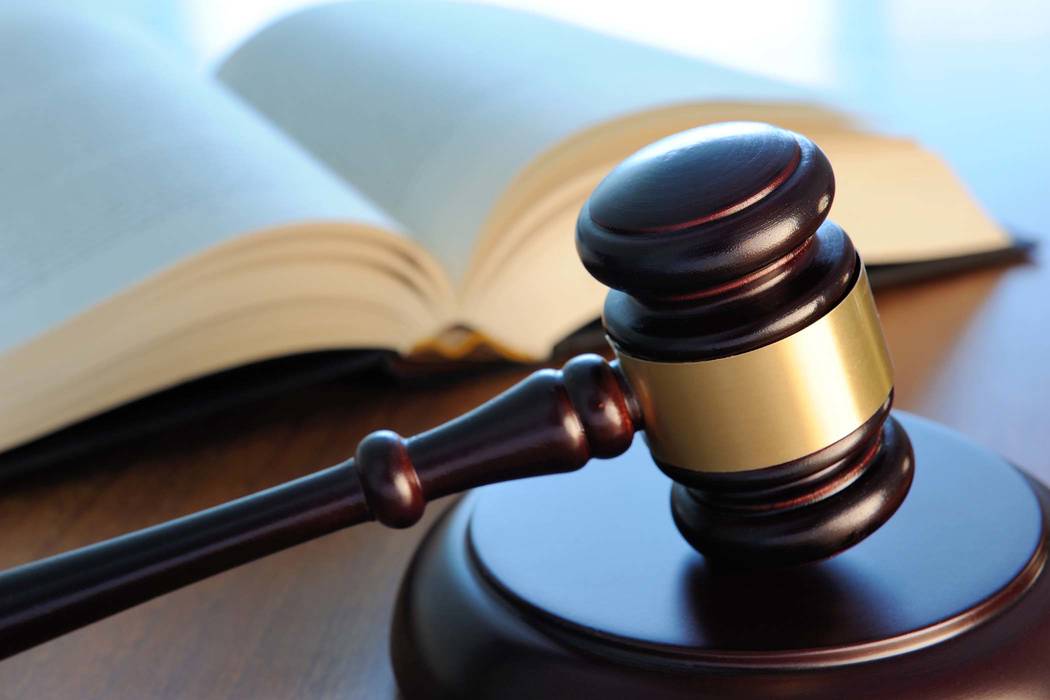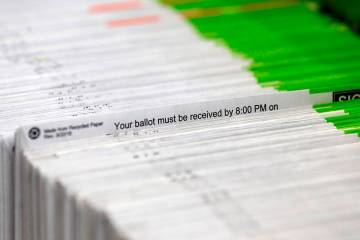EDITORIAL: Supreme Court set to hear case involving civil forfeiture and the Eighth Amendment
As the Ringling Bros. spectacle inside the Beltway captivates the country, it’s easy to forget the Supreme Court’s next term opens Monday. The justices — eight of them, at this point — are slated to hear a number of high-profile cases, including one that could prompt reform of the pernicious practice known as civil forfeiture.
In Timbs v. State of Indiana, the court will consider whether the Eighth Amendment’s protection against excessive fines applies to the states as well as the federal government. At issue are statutes that allow law enforcement officials to confiscate money, property, cars and other valuables not only from convicted criminals but also from people who have never been been charged with a crime.
Tyson Timbs pleaded guilty to a $225 drug transaction he made with an undercover police officer. He was sentenced to a year of house arrest, five years probation and fees and fines totaling $1,200. But Indiana officials also sought to seize Mr. Timbs’ $42,000 Land Rover he had purchased with money from an inheritance.
With help from the Institute for Justice, a public-interest law firm, Mr. Timbs fought the forfeiture action, arguing that allowing the state to take his expensive vehicle — on top of his other punishments — was, in essence, an excessive fine. At trial, the judge agreed, pointing out the Land Rover was worth four times the maximum fine the state could have imposed against Mr. Timbs under the law. An appeals court upheld the ruling.
But the Indiana Supreme Court reversed the lower court, holding that state officials are not bound by the Eighth Amendment. “This is, surprisingly, an open question,” The New York Times reports. While the U.S. Supreme Court has ruled that the 14th Amendment ensures most of the Bill of Rights applies to both the federal government and the states, the Times notes, the justices have issued conflicting decisions involving the excessive fines clause.
In the Timbs case, the court has the opportunity to right an injustice. Surely, there is no reason states should be exempt from following the Eighth Amendment. If so, why not the First or Second?
In addition, a ruling for Mr. Timbs would provide reformers with another avenue to attack civil forfeiture abuses. How is it not “excessive” to allow the state to seize an asset worth thousands of dollars from a defendant convicted of a relatively minor offense? Who would argue with a straight face that the seizure of Mr. Timbs’ vehicle is proportionate to the offense?
Almost 20 groups — including the ACLU and the Cato Institute — have filed amicus briefs in support of Mr. Timbs. The justices should dismiss Indiana’s argument and rule in his favor.




























